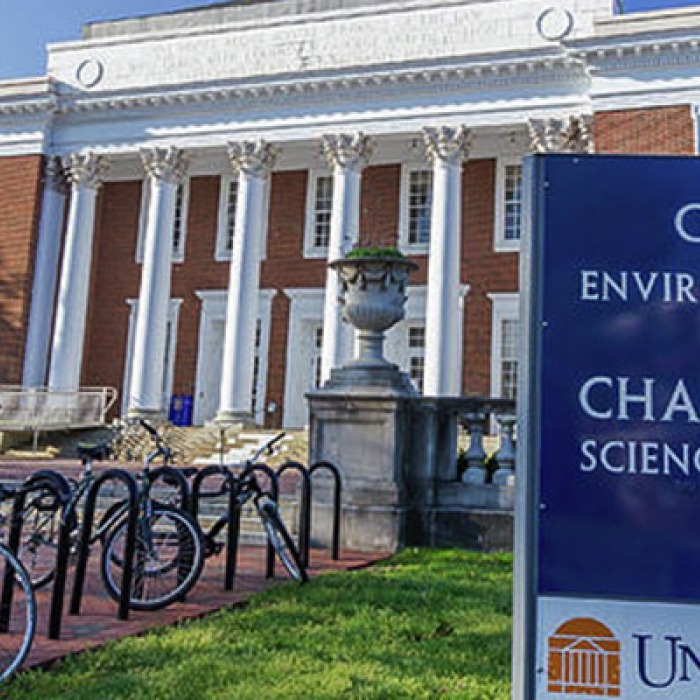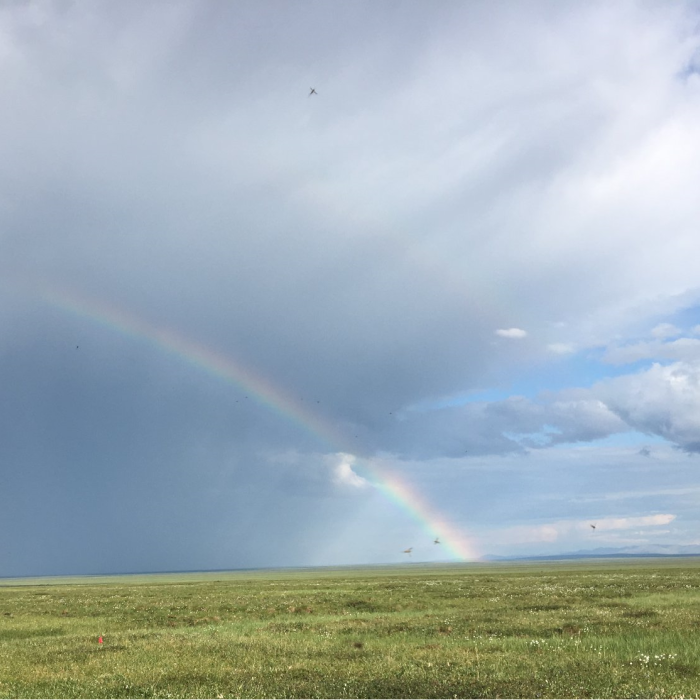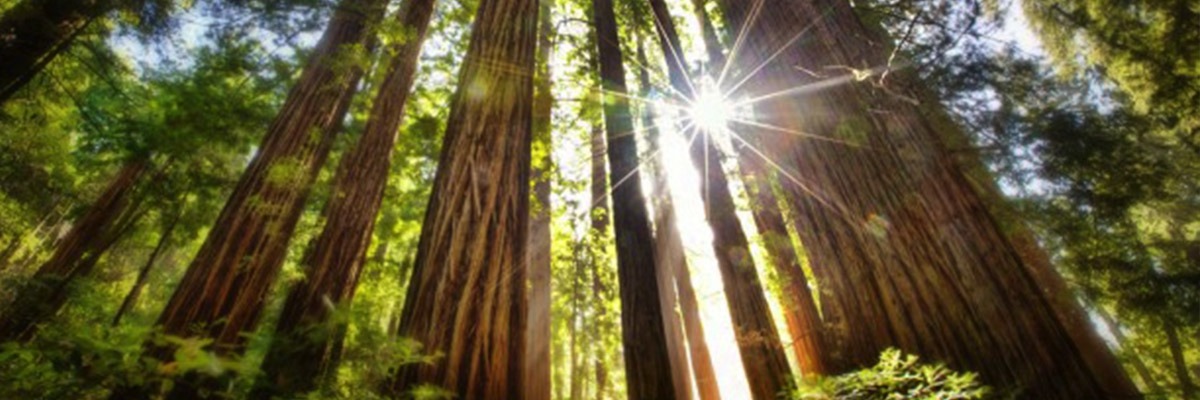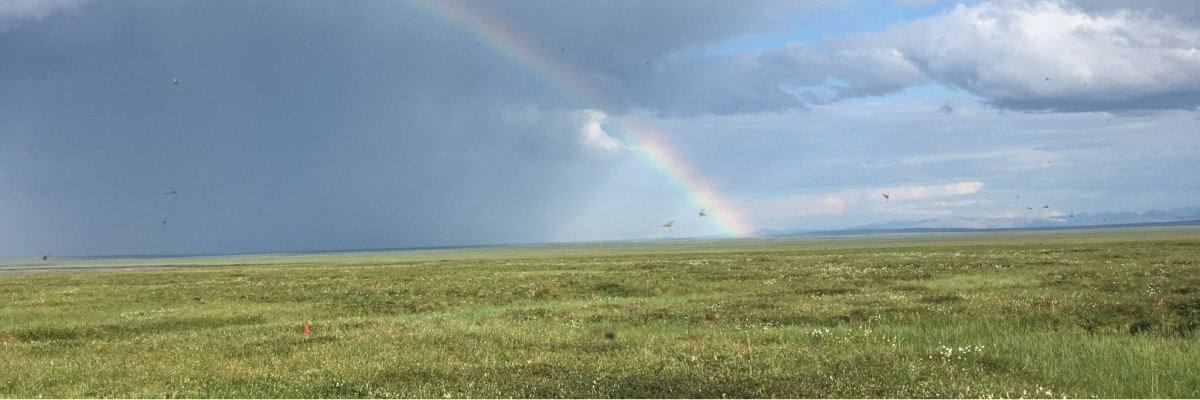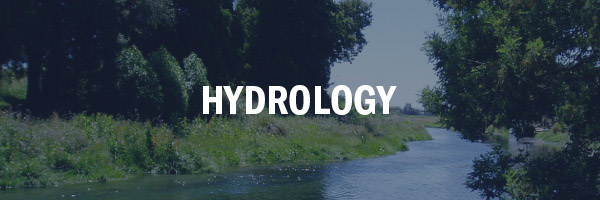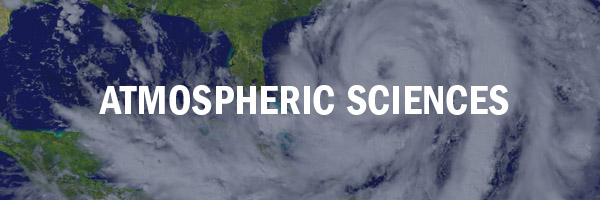Professor Jay Zieman
The Department of Environmental Sciences is sad to announce that Professor Joseph (Jay) Zieman passed away on Sunday, March 29, 2015. Jay Zieman joined the Environmental Sciences faculty in 1971 and pursued his passion for coastal environments through research and teaching over the next forty plus years. Jay’s research on aquatic plants, especially seagrasses, is well known. His studies were wide ranging covering topics from the impacts of thermal pollution to the analysis of population genetics. Jay supported and encouraged students and over forty completed graduate degrees under

